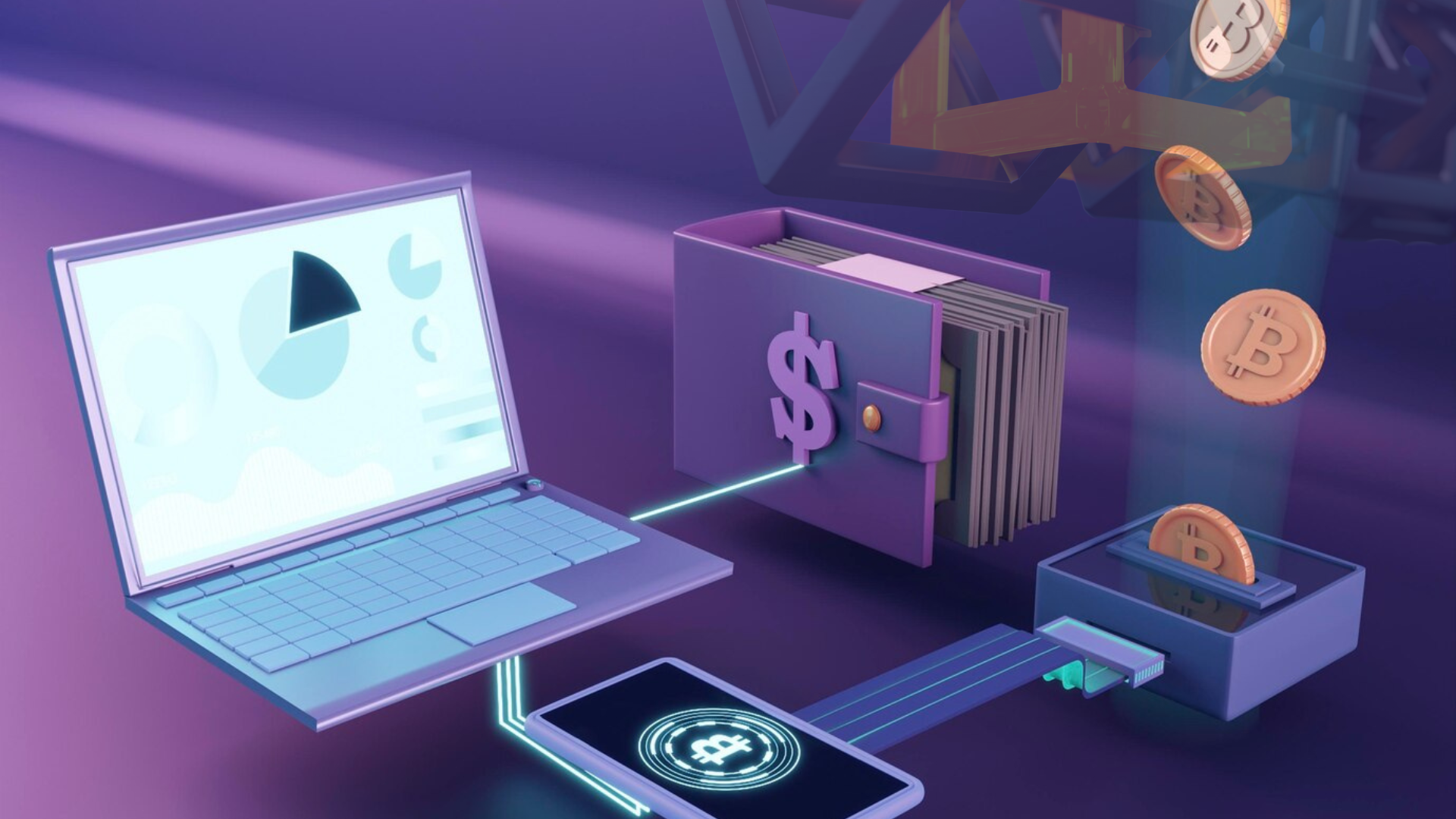
As the U.S. moves forward with its Bitcoin Strategic Reserve, analysts are exploring alternative ways for the government to acquire more BTC without using taxpayer funds. Jiang Jinze, analyst and founder of Muse Labs, has outlined several possible strategies in light of the fact that nearly half of the confiscated BTC must be returned to Bitfinex.
Limited Bitcoin Reserves & The Bitfinex Ruling
Jinze highlighted that while the U.S. government currently holds around 200,000 BTC, only 100,000 BTC can be considered true reserves. The rest remains tied up in legal obligations, particularly following a U.S. federal court ruling in January 2025 that mandates the return of 94,643 BTC to Bitfinex. These coins were part of the 2016 Bitfinex hack and had been seized by U.S. authorities.
“Most of these were confiscated in the early days when Bitcoin was worthless. It may take a long time to confiscate the same amount of coins in the future.” – Jiang Jinze
With the supply of seized Bitcoin potentially running out, the Trump administration may need alternative ways to increase its holdings.
Strategies for Expanding the Bitcoin Reserve
Jinze proposed several methods the U.S. government could use to acquire additional BTC:
1. Selling Gold to Buy Bitcoin
The first and most discussed approach is selling gold reserves to increase BTC holdings. Bitcoin and gold have long been linked as store-of-value assets, and following the Bitcoin reserve announcement, both assets experienced price fluctuations simultaneously.
2. Selling Other Federal Assets
Aside from gold, Jinze suggested the government could sell or repurpose other federal assets, including:
- Land
- Government-owned buildings
- Licenses and permits
However, he acknowledged that the federal government has a limited pool of assets that could be sold while maintaining operational and economic stability.
“Redistribution of existing assets is currently the most likely source of incremental funds, using the income generated by gold reserves or Fed deposits to finance the purchase of Bitcoin.” – Jiang Jinze
3. Government-Supported Bitcoin Mining
Another alternative is leveraging unused computing power and energy resources to mine Bitcoin. Jinze pointed to Bhutan as a successful example of a country that has accumulated BTC through state-sponsored mining operations. If the U.S. government were to adopt a similar approach, it could gradually build reserves over time without directly purchasing Bitcoin from the market.
White House Crypto Summit & Future Plans
Following the March 7 White House Crypto Summit, AI and Crypto Czar David Sacks reiterated that the U.S. government will not use taxpayer money to purchase Bitcoin for the strategic reserve. Instead, the administration will rely on seized assets. Sacks also stated that a full audit of U.S. Bitcoin holdings has yet to be conducted.
As discussions continue, analysts and policymakers are evaluating the best path forward for the U.S. Bitcoin Strategic Reserve, balancing fiscal responsibility, economic impact, and long-term digital asset strategy.


























































































































































































































































































































































































































































































































































































































































































































































































































































































































































































































































































































